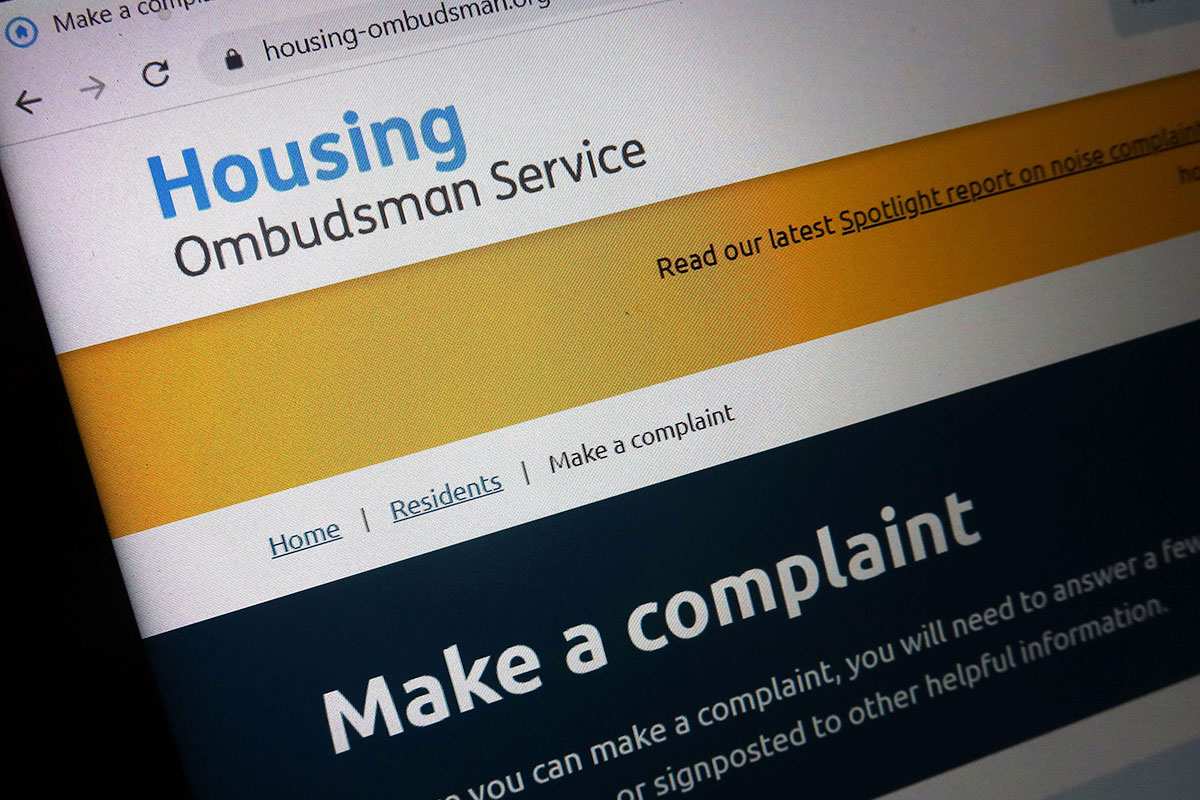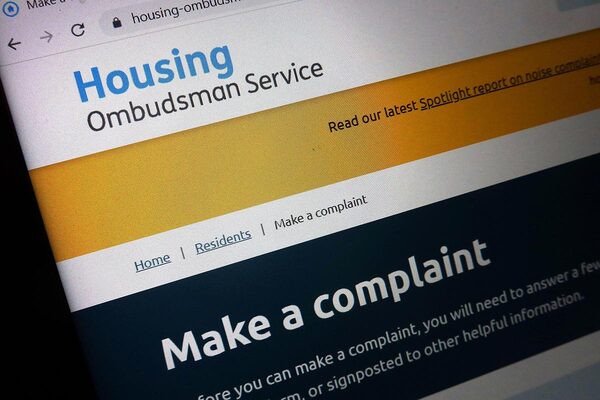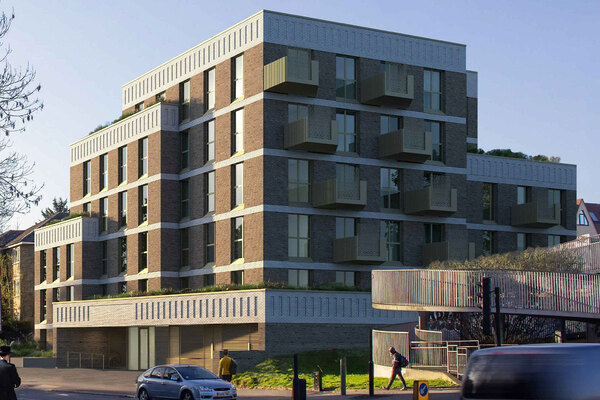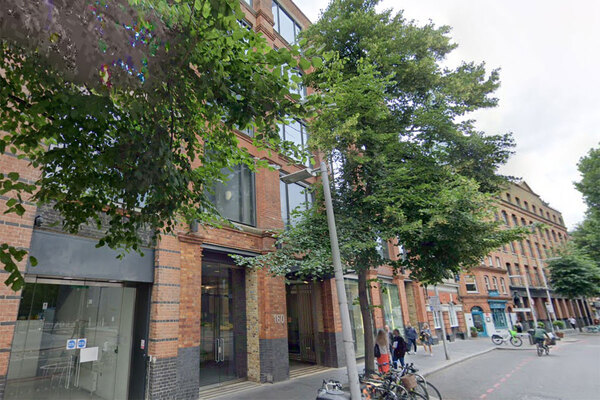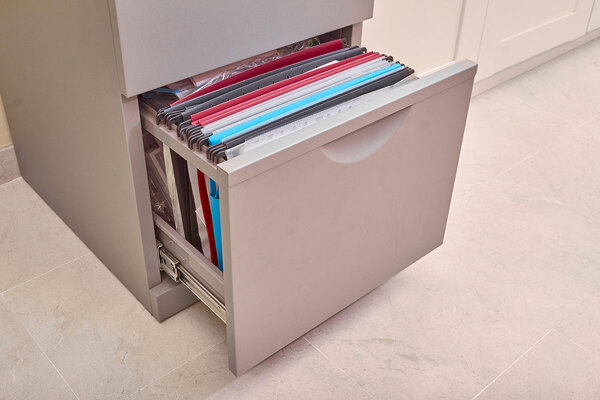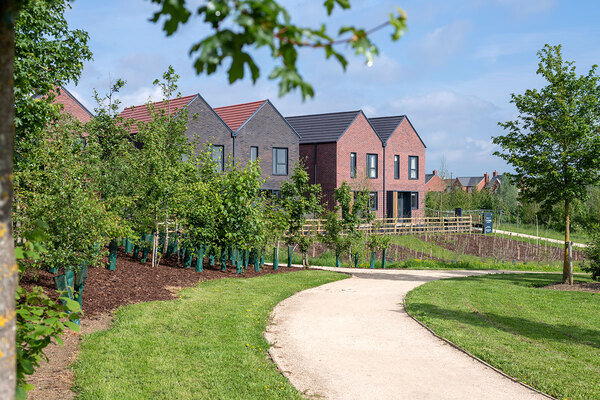You are viewing 1 of your 1 free articles
Housing and local government ombudsmen open consultation on joint Complaint Handling Code
The Housing Ombudsman and the Local Government and Social Care Ombudsman have launched consultations on a joint Complaint Handling Code.
Although the Housing Ombudsman already applies a code, the Local Government and Social Care Ombudsman does not, and the move will see a code introduced for all local government functions for the first time.
For councils who are landlords, this will end the two-tier system with housing management and corporate complaints.
The consultation, which will run from 28 September to 23 November, comes ahead of a code becoming a statutory requirement under the Social Housing (Regulation) Act.
It marks the first time two ombudsman schemes have worked together on a unified code.
While social landlords have had to meet the obligations within the Housing’s Ombudsman’s code since it was introduced three years ago, under a statutory code, landlords will have to demonstrate they are meeting the requirements of the code.
This will include submitting their completed self-assessment to the Housing Ombudsman, and the Ombudsman will have new powers under its duty to monitor to hold landlords to account on complaint-handling.
Richard Blakeway, housing ombudsman, said: “Effective complaint-handling is essential for landlords and an indicator of culture and behaviours.
“The code helps organisations to get it right – to build relationships with residents, horizon scan and manage risks, promote organisational learning and develop services.
“The original code was the result of continuous engagement with a working group of landlords drawn from across our membership, together with tenant and professional bodies.
“This consultation is an opportunity to engage residents and landlords further.”
He added: “With a statutory code, there will be a legal duty on landlords to comply with it and we will be able to intervene with a landlord on the code even when we have not received a complaint.”
Paul Najsarek, local government and social care ombudsman, said the new code will become the “single gold standard for complaint-handling” in the local government sector.
“It will allow local councils to be confident they are employing best practice, while making it easier for local people to hold councils and social landlords to account.
“It will also align complaints about housing management, which are already subject to the code through the Housing Ombudsman, with other local authority services,” he said.
The aim is for the code to become statutory from 1 April 2024.
Sign up for our regulation and legal newsletter
Already have an account? Click here to manage your newsletters
